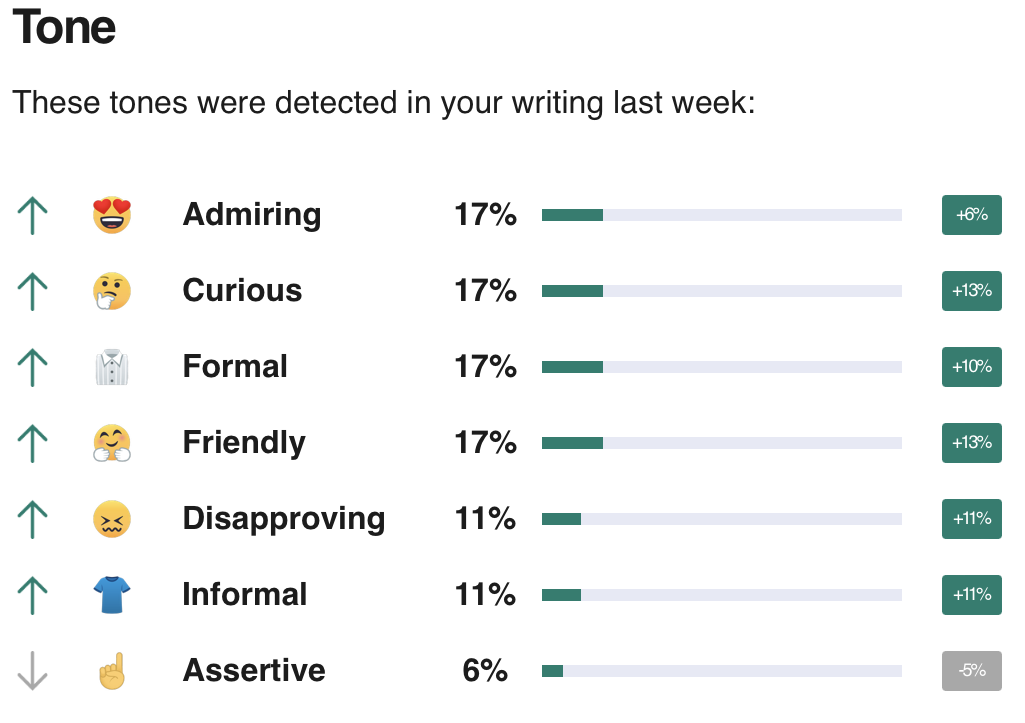PLAYING WITH HOUSE MONEY - PART 1
I am starting off with a bang! I have been stewing on this for a couple of weeks now, and I think I am ready to share.
With the (re)release of EA Sports NCAA 2025, it seems like an appropriate time to share.
Let me warn you, this will take some unpacking (two newsletters), but I think you will find it worthwhile, interesting, and applicable.
In case you are unaware, over the past three years, significant changes have occured in college sports allowing student athletes to be paid for their performance, on and off the field. This landmark legislation called Name, Image, and Likeness (NIL). represents a seismic shift in collegiate athletes and allows athletes to profit from their athletic skills and personal brand.
Yes, college athletes are no long amateurs. They are paid professionals, sometimes making more money in college than they will during
In the past, NCAA rules prohibited athletes from monetizing their fame while playing for their universities. These recent reforms have enabled them to earn income through endorsements, sponsorships, and social media presence. This change allows "amateur" athletes to share in the revenue they help to generate.
Recently, Grant House, a former collegiate swimmer at Arizona State University (Go Devils!), sued the NCAA (House vs. NCAA) for back "wages" he believes he is due from his four years as a competitive swimmer. He won a 2.7 billion dollar settlement (twenty million dollars per Division 1 University to be paid out over ten years), benefitting 14,000 previous NCAA athletes dating back to 2016.
If you want a quick primer, read this article. Otherwise you can let me give you a quick overview.
This landmark case provided two significant legal precedents:
Past athletes are due compensation for revenues they generated as athletes for the university.
Universities can now compensate/revenue share directly, bypassing the NIL completely.
Are you following me so far? It's about to get interesting.
In short, a legal precedent now codifies that universities must share their revenue directly with athletes, past, present, and future, who help produce them.
The substance of the case is groundbreaking, but how we got there is even more interesting.
In a recent article on CBSSports.com quoted primary plaintiff Grant House as saying:
"I was inspired by student musicians who could also get paid for professional work. I always thought it was interesting that … if [those musicians] can monetize this, take it to the farthest reaches, I couldn't because I was an athlete doing my own aspirations and dreams," House said. "... That just didn't sit well with me and confused me a lot."
In other words, a twenty-billion dollar landmark settlement upending college athletics, as we know, didn't come from a swimmer looking up into the grandstands but from looking at the School of Music.
Mind blown yet? WELL-HANG ON, I'm not finished.
In a recent article in the Arizona Republic, new Arizona State University Athletic Director Graham Rossini, who has a Master's in Sports Law and Business from Sandra Day O'Connor Law School, discussed the ruling and his interpretation.
"Unless you're at the very top, you're really trying to scrape by and make sure you win out at these meets or have a job supporting you," he said. "Now, at least in college you have a brand to support your career. You focus on performing because (the window to compete) is not a long one."
So, before I drop the bomb - let's review what we know so far:
Step 1: A 2019 court ruling allows "amateur" college athletes to be paid via NIL collectives.
Step 2: Grant House sues and successfully wins the right for past athletes in non-revenue generating sports to receive compensation.
Step 3: House vs. NCAA also sets a precedent and requires that revenues received be shared (in some proportional way) directly with those (athletes) who helped to generate them.
Step 4: My school's (ASU) athletic director states that this is a way to compensate all students, not just those at the top who are "scraping by."
With me? OK, get ready...
WHERE'S MY CHECK?
Ok, I'm not a dinosaur. I don't a check, I accept Venmo! Heck, I accept all payments except for Dogecoin and NFT's.
No matter how I receive it, I want my money, and I am not kidding. They owe me, and I can prove it! I have studied the issue, read the relevant case law, and reviewed the verdict. Seriously, I did.
I AM DUE SOME CASH. I can prove it, and I have calculated the amount I am owed.
But all of that can wait until next week.
Do I have you thinking? I hope so.
Welcome back to another school year, I hope you have a great week.
- Scott
Back-Pact has been a HUGE success and is being used with over 100,000 music kids. If you haven't downloaded it, get your free copy below.
© SCOTT LANG LEADERSHIP 2024 - all rights reserved
BPOTM / SLL 505 S. CAMELLIA DRIVE Chandler, Arizona 85225 United States











